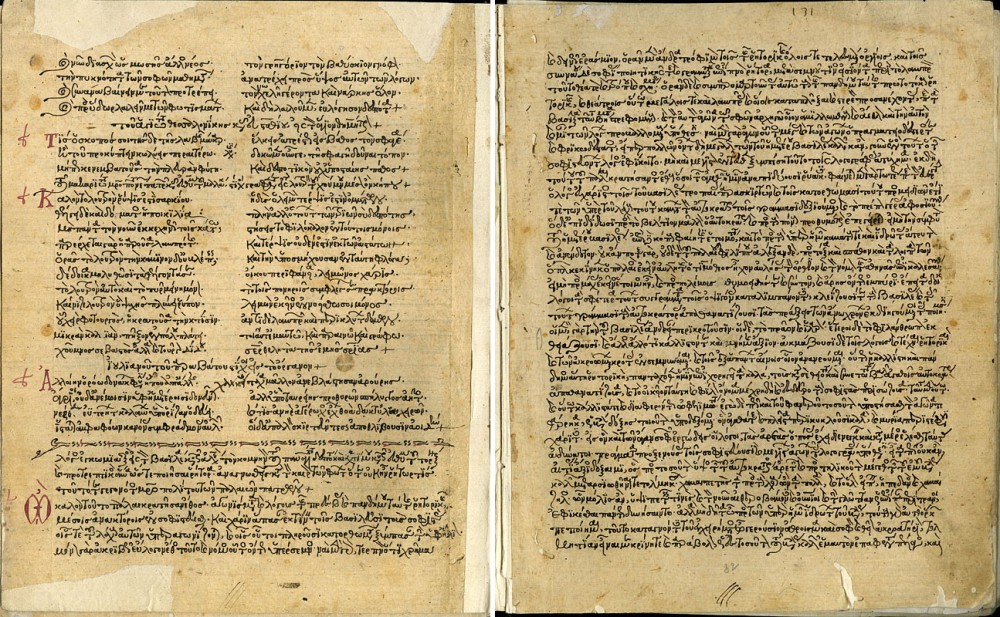
The aim of publication is to introduce to researchers one of the almost uknown sources on the history and culture of the Greeks (Rumeis and Urums), settled in Ukrainian Azov sea region, and to promote studies of the religious side of life of the Crimean/Azov Greek communities in the 18th — 19th cc. Methodology is based on a wide complex of historical, linguistic and source studies methods used in palaeography and codicology. Scientific novelty іs determined by introduction to historical and religious studies of the new source, which should be of great help in the way of reconstruction of mentality and everyday life of the Greeks in Crimea and later on, after their resettlement, in the Azov sea region. Coclusions. The Euchologion was bought by Professor V. I. Hryhorovych іn 1874 during his research expedition from the local dweller. Later the manuscript was studied by German orientalist Otto Blau. Now the manuscript is kept in the Manuscripts department of the State Library of Russia in Moscow (V. I. Hryhorovych collection, № 62). The manuscript was compiled in the late 1778, that is after the exit of Christians from Crimea, but before the final foundation of Greek settlements and the city of Mariupol in the North Azov sea region. The present description of the manuscript includes the list of Church services and gospels in Greek and Turkish dialects. Among the other texts: the Lunar calendar for the year 1779, Menologion and a number of non-canonical prayers and folk incantations or charms against illness. Some parts of the manuscript had been copied from the Greek printed books, the others correspond to the already known texts of folk spells and incantation such as saint Cyprian and saint George prayers. Some incantations were used against demons or personified deceases, known among the Greeks as Aura, Matrix, Gellu, Migraine. There is a lot of remarks, translations and notes in Turkish (Urum) dialects in the manuscript, which probably indicate the range of the usage of vernacular Turkish among the Crimean-Azov Greeks in 18th—19th cc.
Source: Chernukhin Y.K. (2019). Greek Euchologion of 1778 from the V.I. Grigorovich collection in the Russian State Library. Manuscript and book heritage of Ukraine. 23: 183-196
Number of views: 1776